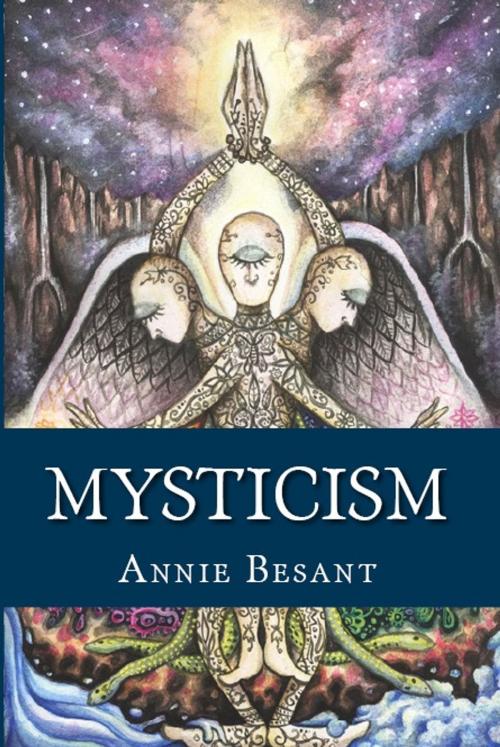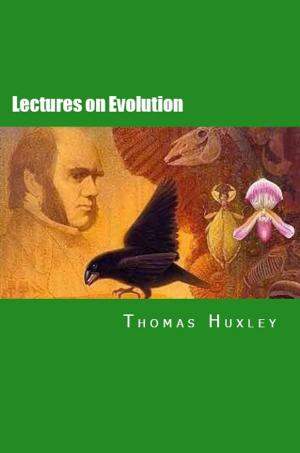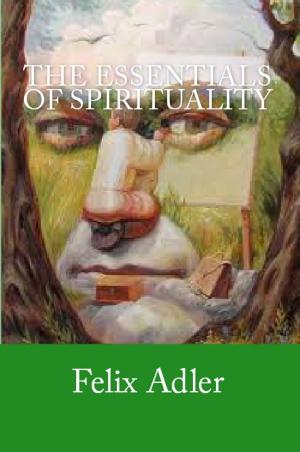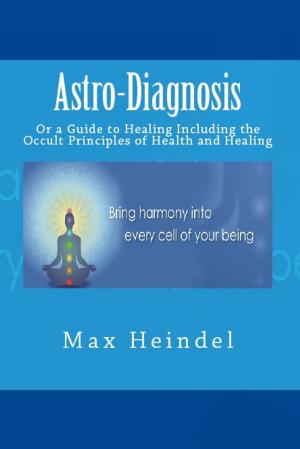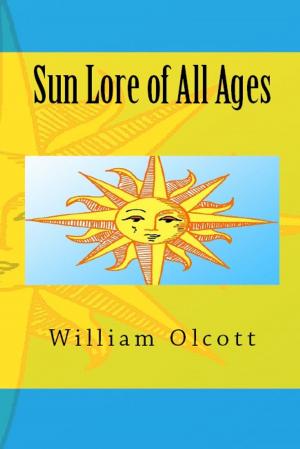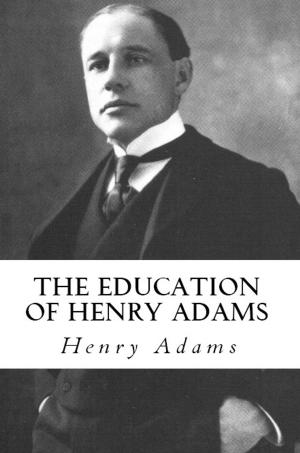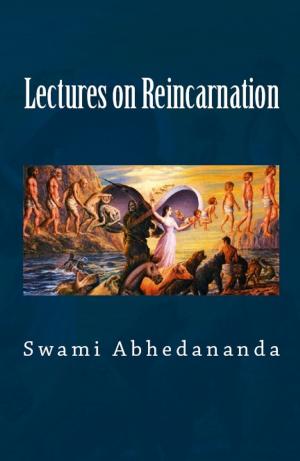| Author: | Annie Besant | ISBN: | 1230000291030 |
| Publisher: | Serapis | Publication: | January 11, 2015 |
| Imprint: | Language: | English |
| Author: | Annie Besant |
| ISBN: | 1230000291030 |
| Publisher: | Serapis |
| Publication: | January 11, 2015 |
| Imprint: | |
| Language: | English |
So you come into the realm of Mysticism, the realm of the Spirit. It is the mystic interpretations of the great spiritual facts of the spiritual world which lie at the basis of all that is worthy to be called knowledge. Faith you may have, speculation you may have, but knowledge comes only by the Spirit, which alone, because of his identity with Deity, can know the universal Spirit whence he has come forth. And Mysticism is in its meaning, the direct knowledge of God and of the facts of the spiritual world which are partly embodied in what are called religious truths. That is really what Mysticism means - direct knowledge, as direct as the knowledge on which science is based by observation, but now not the outward-turned investigation by observation, but the inner realisation. Knowledge is the reproduction within us of something outside us, so far as the knowledge is found by the senses and the emotions and the intellect; but the knowledge of the spiritual world is an inner reproduction in the Spirit of man, a realisation of what before had been external truth. There are facts in the spiritual world as well as in the other worlds cognised by consciousness; facts, truths given out in the many religions from time [11] to time, partially given out in forms suited to the time and the nation and the type of the people to whom they were given. The facts of which those religious truths are partial explanations, the facts that you find embodied as partial truths in every religion, universal, found in every age; those spiritual verities which are the common heritage of our race, which are found in every great religion, living and dead; the truths of the nature of God, of Man, of spirit; all the great ideas which you find embodied in world-religions: those are the facts of the spiritual world: and when a man knows them directly, when the Spirit within him, the spiritual consciousness, is so unfolded, that he is able to realise them in himself and transform hearsay knowledge on the testimony of others into direct knowledge by his own observation an experience, - then and then only is that man a Mystic, a knower of the realities of the spiritual world.
So you come into the realm of Mysticism, the realm of the Spirit. It is the mystic interpretations of the great spiritual facts of the spiritual world which lie at the basis of all that is worthy to be called knowledge. Faith you may have, speculation you may have, but knowledge comes only by the Spirit, which alone, because of his identity with Deity, can know the universal Spirit whence he has come forth. And Mysticism is in its meaning, the direct knowledge of God and of the facts of the spiritual world which are partly embodied in what are called religious truths. That is really what Mysticism means - direct knowledge, as direct as the knowledge on which science is based by observation, but now not the outward-turned investigation by observation, but the inner realisation. Knowledge is the reproduction within us of something outside us, so far as the knowledge is found by the senses and the emotions and the intellect; but the knowledge of the spiritual world is an inner reproduction in the Spirit of man, a realisation of what before had been external truth. There are facts in the spiritual world as well as in the other worlds cognised by consciousness; facts, truths given out in the many religions from time [11] to time, partially given out in forms suited to the time and the nation and the type of the people to whom they were given. The facts of which those religious truths are partial explanations, the facts that you find embodied as partial truths in every religion, universal, found in every age; those spiritual verities which are the common heritage of our race, which are found in every great religion, living and dead; the truths of the nature of God, of Man, of spirit; all the great ideas which you find embodied in world-religions: those are the facts of the spiritual world: and when a man knows them directly, when the Spirit within him, the spiritual consciousness, is so unfolded, that he is able to realise them in himself and transform hearsay knowledge on the testimony of others into direct knowledge by his own observation an experience, - then and then only is that man a Mystic, a knower of the realities of the spiritual world.
